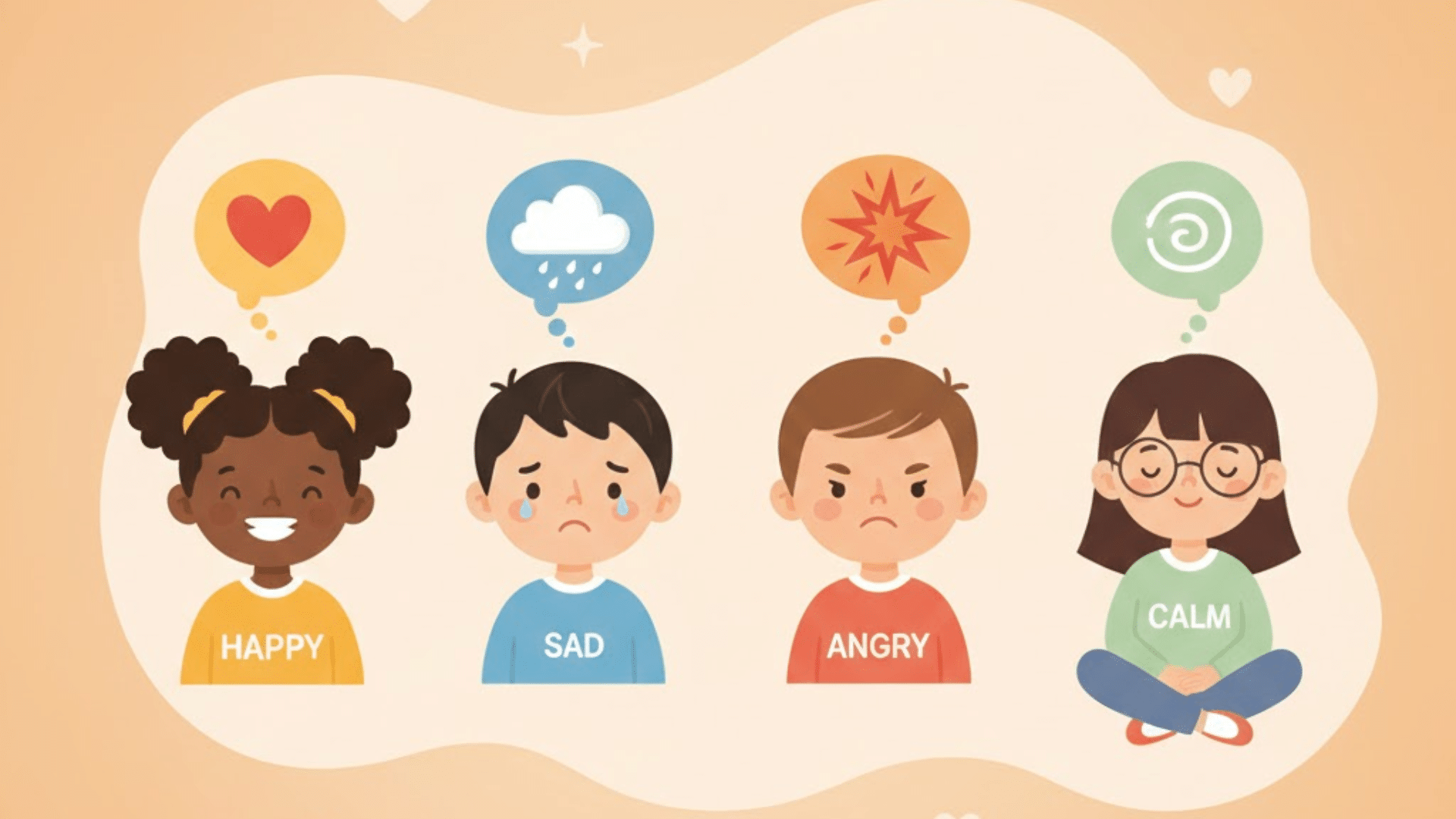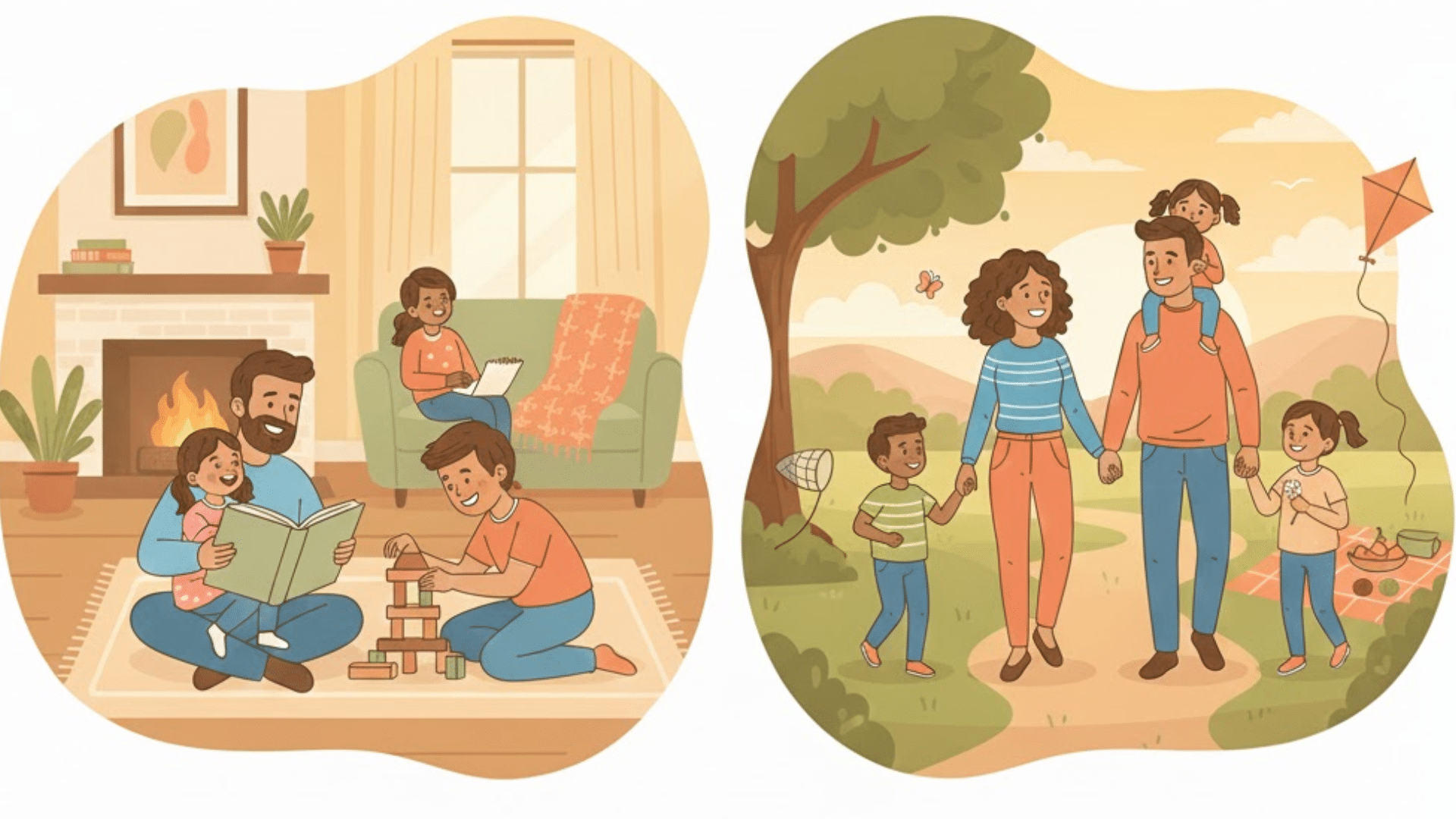Parenting isn’t always simple. With so many books and opinions out there, it’s easy to feel unsure about what really works.
The right parenting book can cut through the noise and give you advice that’s clear, practical, and encouraging.
From the first days with a newborn to the teenage years, each stage brings new challenges. Having a resource you can trust makes those stages feel less overwhelming and a lot more manageable.
In this blog, I’ll share the best parenting books you can turn to right now. These include expert favorites and parent-tested picks, organized by age, style, and common struggles.
My goal is to help you find a book that actually fits your family’s needs.
Best Parenting Books to Build Your Child’s Confidence
Helping kids believe in themselves is one of the most important parts of parenting. These books focus on growing inner strength, courage, and practical ways to raise children who feel capable in everyday life.
Best Overall Parenting Books
These books are often recommended as the most helpful starting points for parents. They cover communication, emotional connection, and practical strategies that work across different ages and situations.
1. Parenting from the Inside Out
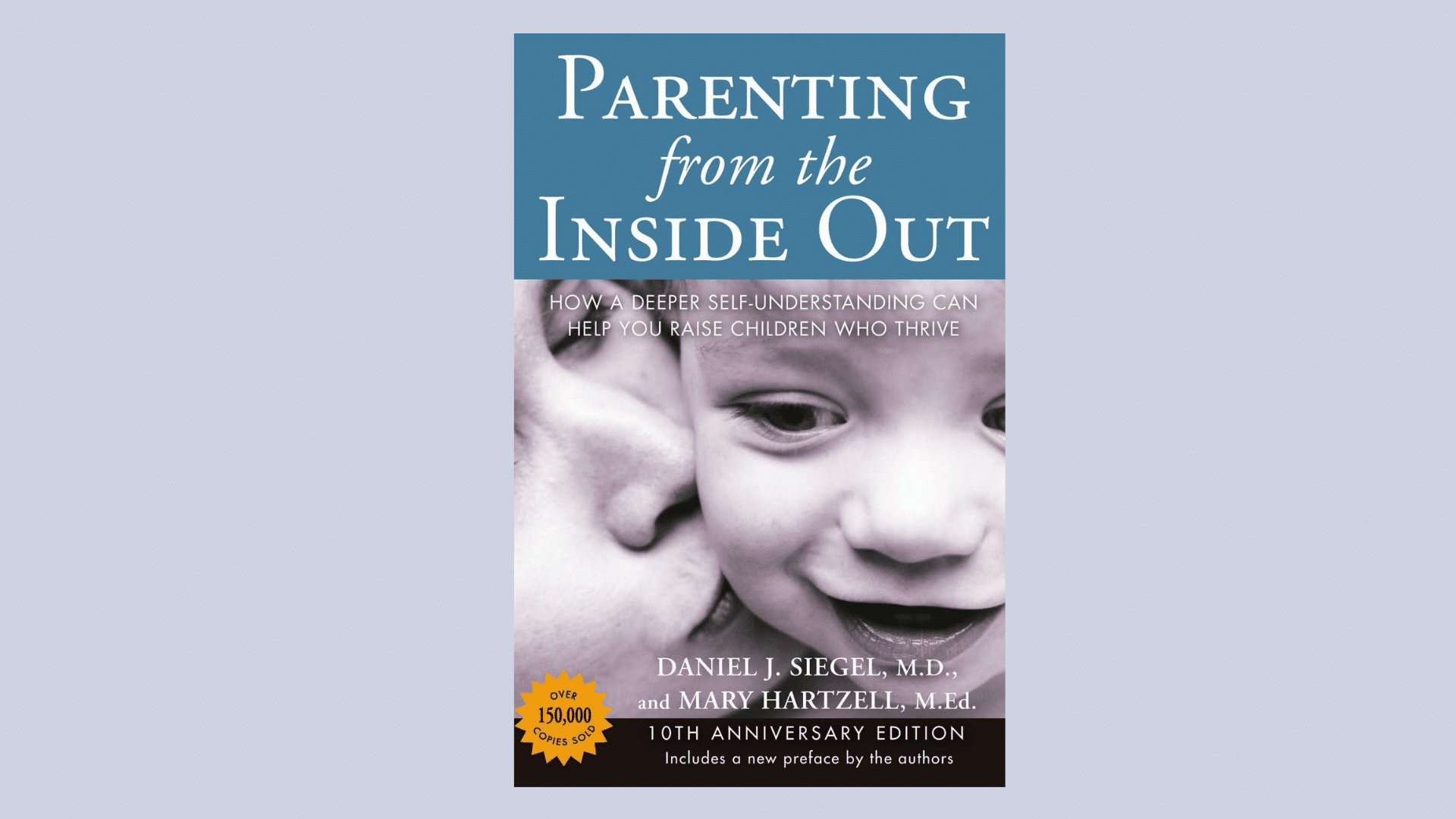
In Parenting from the Inside Out by Daniel J. Siegel and Mary Hartzell, the authors explain how your own childhood experiences shape your parenting.
They show ways to build stronger emotional connections, handle triggers, and respond with empathy. The book mixes neuroscience and psychology into easy, practical guidance.
2. The Whole-Brain Child
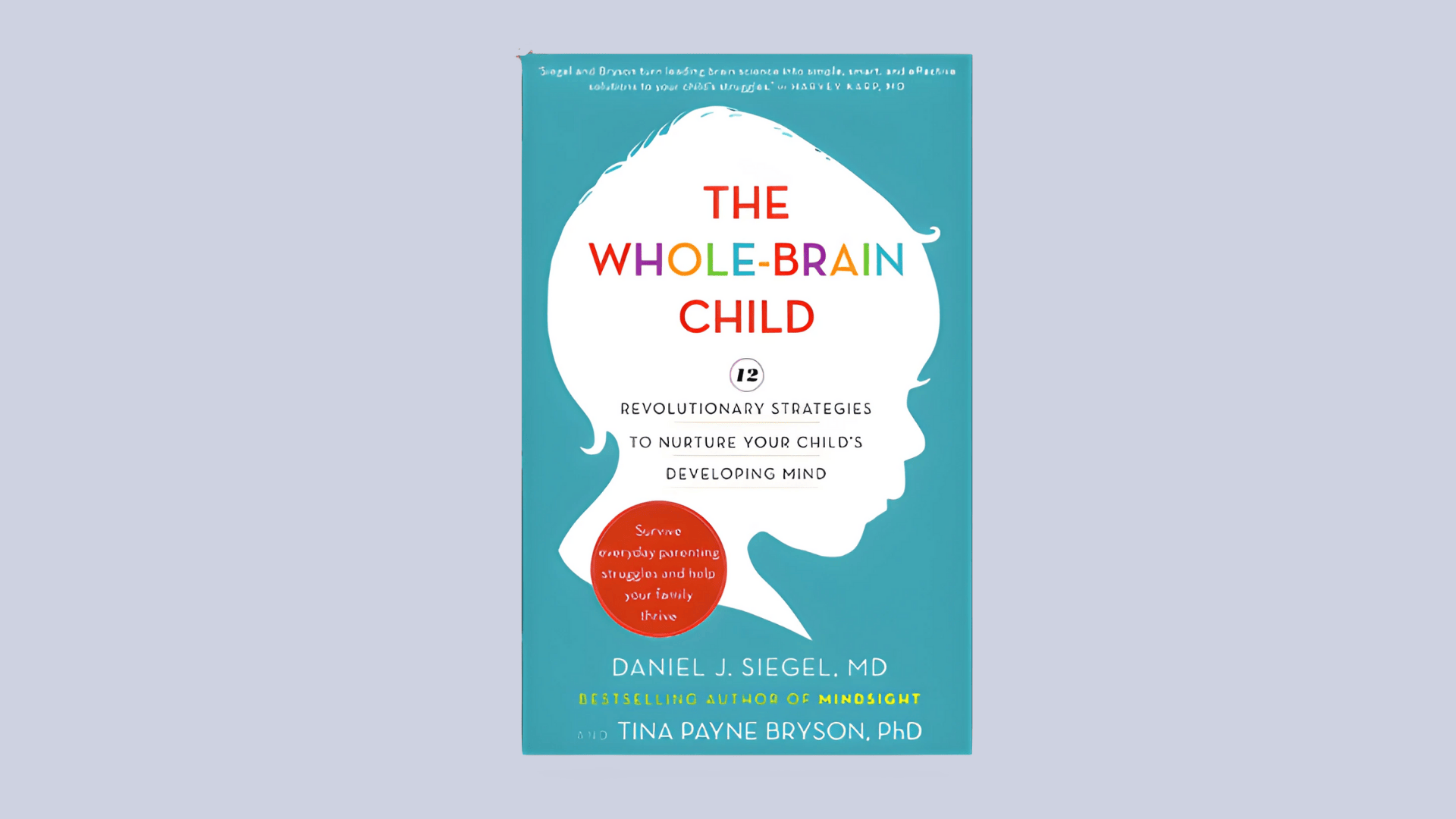
Daniel J. Siegel and Tina Payne Bryson’s The Whole-Brain Child gives parents 12 clear strategies to support healthy brain development.
It explains how to calm meltdowns, nurture resilience, and encourage cooperation. Using real-life examples, the book makes complex brain science simple and usable in everyday parenting situations.
3. How to Talk So Kids Will Listen & Listen So Kids Will Talk
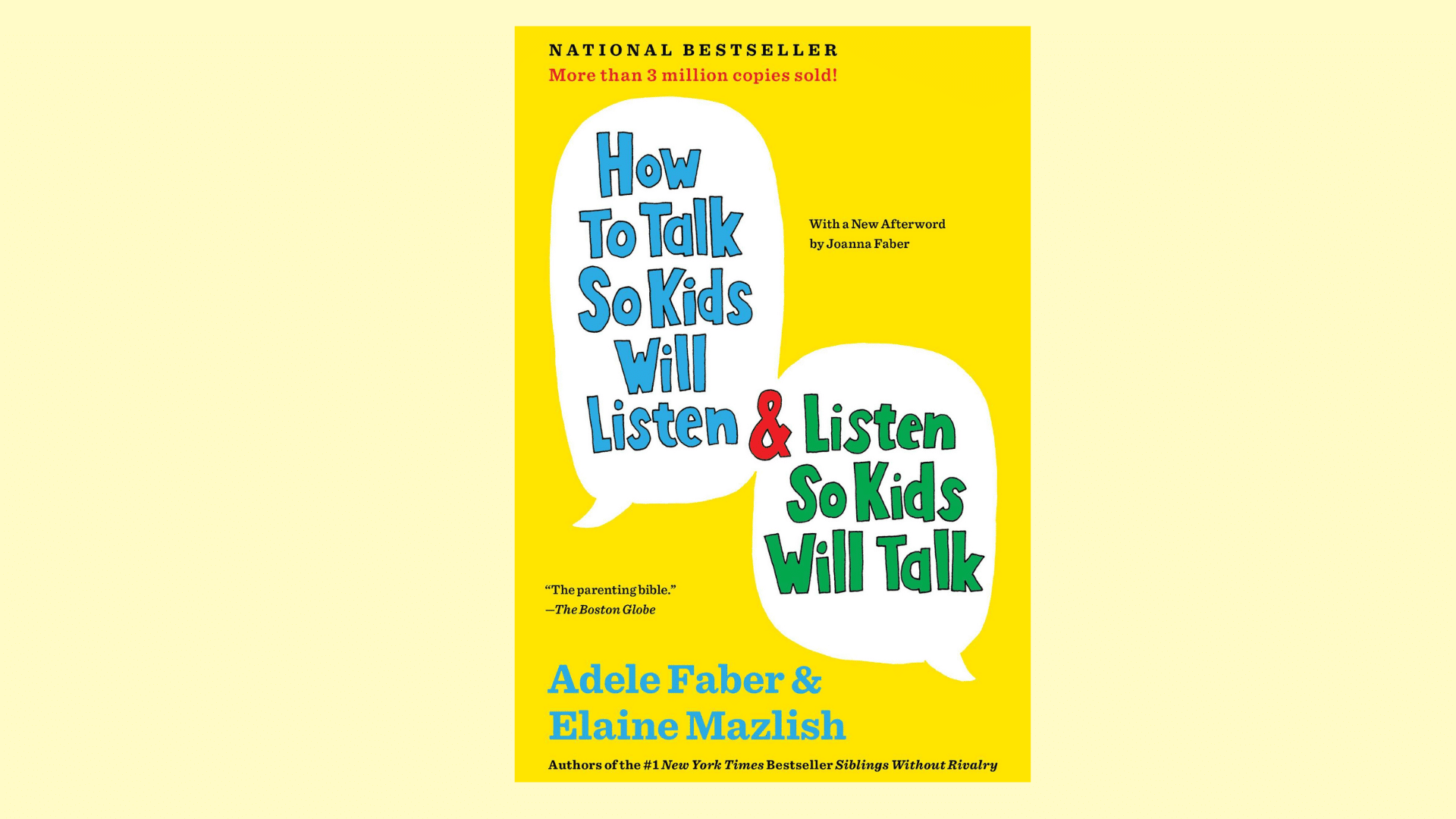
The classic How to Talk So Kids Will Listen & Listen So Kids Will Talk by Adele Faber and Elaine Mazlish offers proven communication techniques.
It provides scripts for handling conflicts without yelling and helps kids feel understood. Parents learn to foster cooperation while keeping relationships warm and respectful.
4. The 5 Love Languages of Children
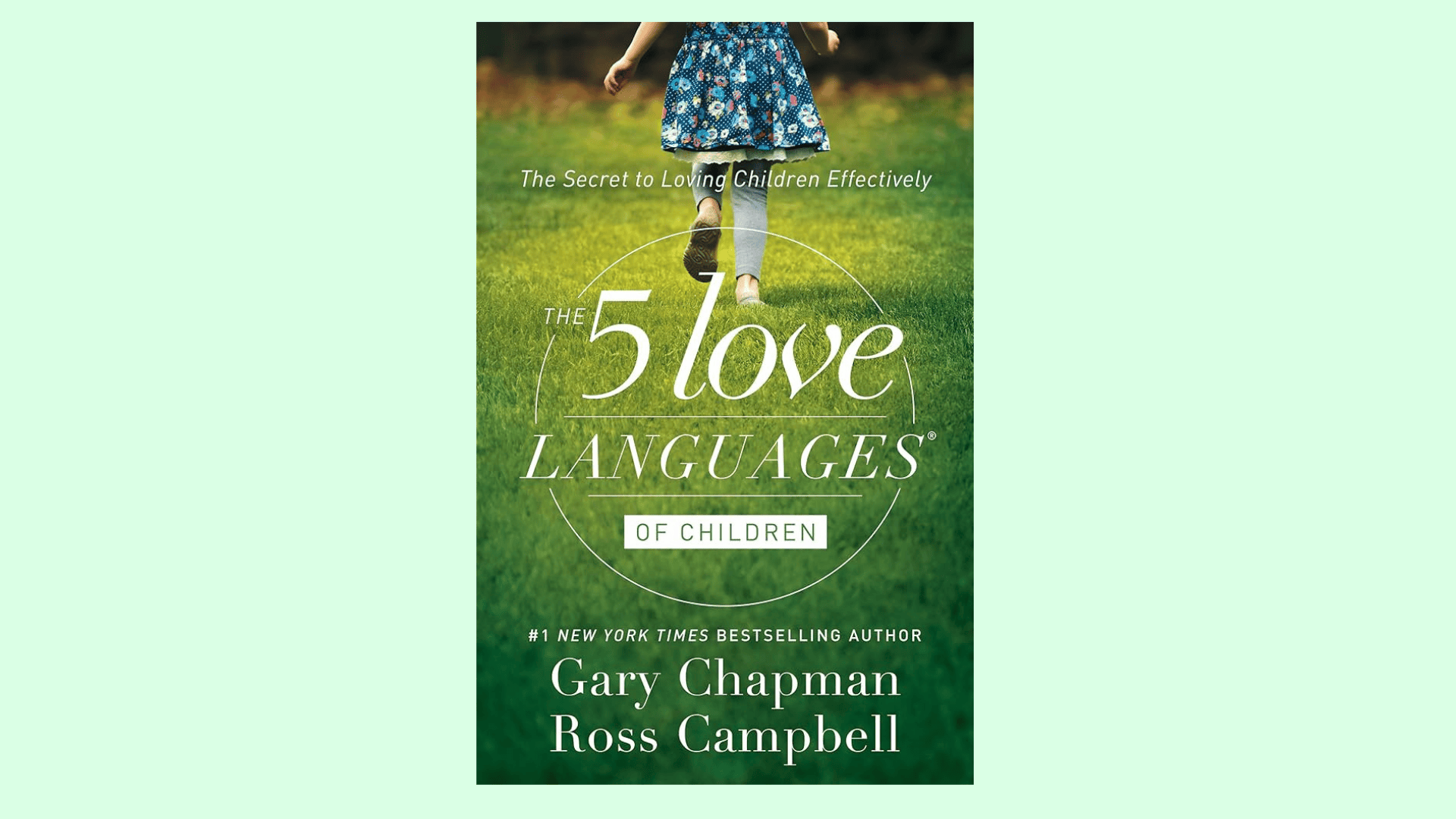
In The 5 Love Languages of Children, Gary Chapman and Ross Campbell explain how kids feel and show love in different ways.
The book teaches parents to identify their child’s primary love language: words, touch, gifts, time, or service. Meeting these needs helps children feel secure, valued, and deeply connected.
5. Raising Good Humans
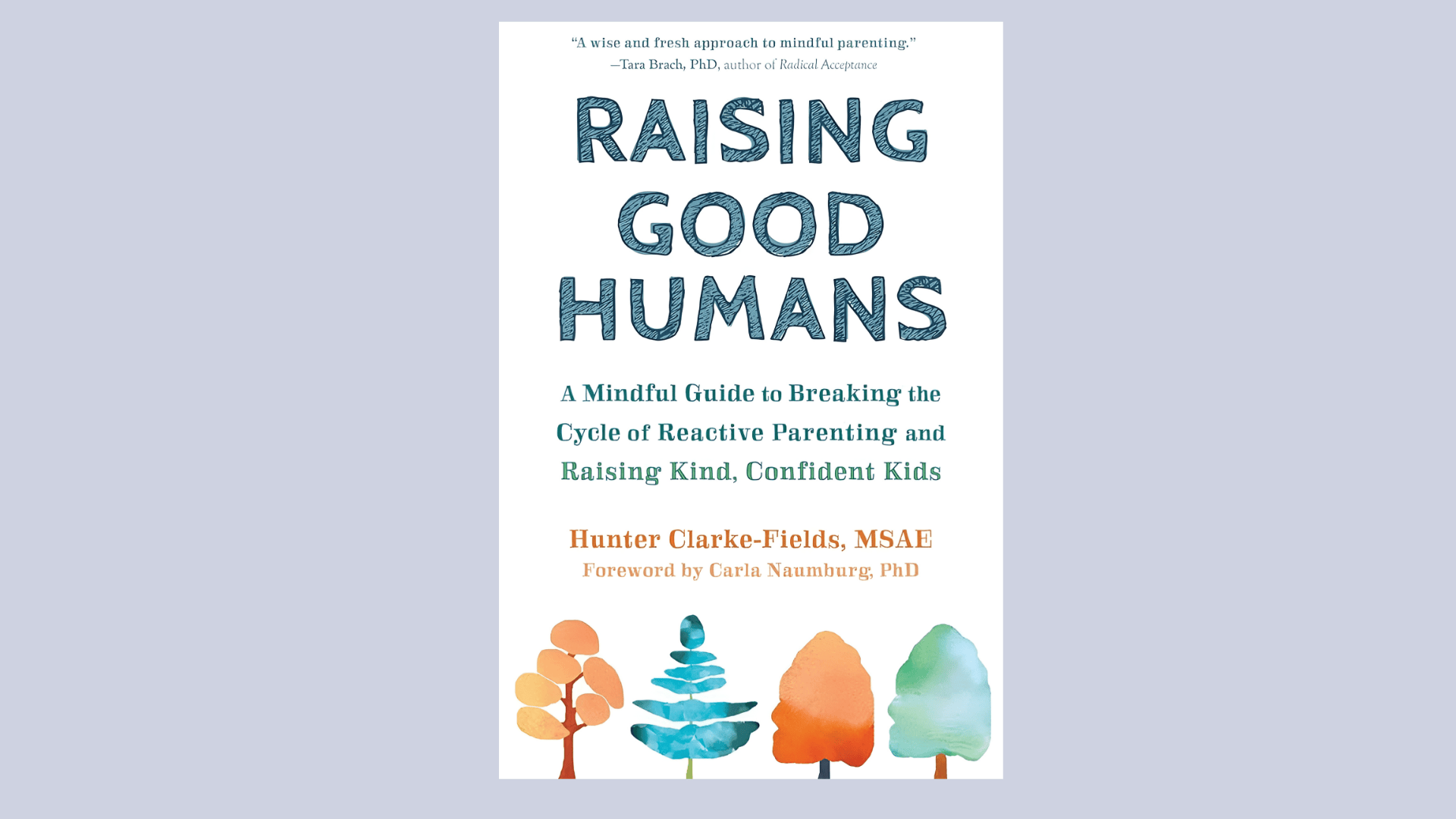
Hunter Clarke-Fields’ Raising Good Humans combines mindfulness with parenting advice to break cycles of reactive behavior. It shows how small daily practices can create more patience, kindness, and confidence in kids.
Parents learn calming techniques, self-reflection tools, and strategies to build a peaceful family environment rooted in compassion.
Parenting Books for Expecting & New Parents
Becoming a parent brings both excitement and uncertainty, and the right book can offer clear guidance during those first months. These titles focus on newborn care, early development, and practical tips to help you feel more confident from day one.
6. What to Expect the First Year
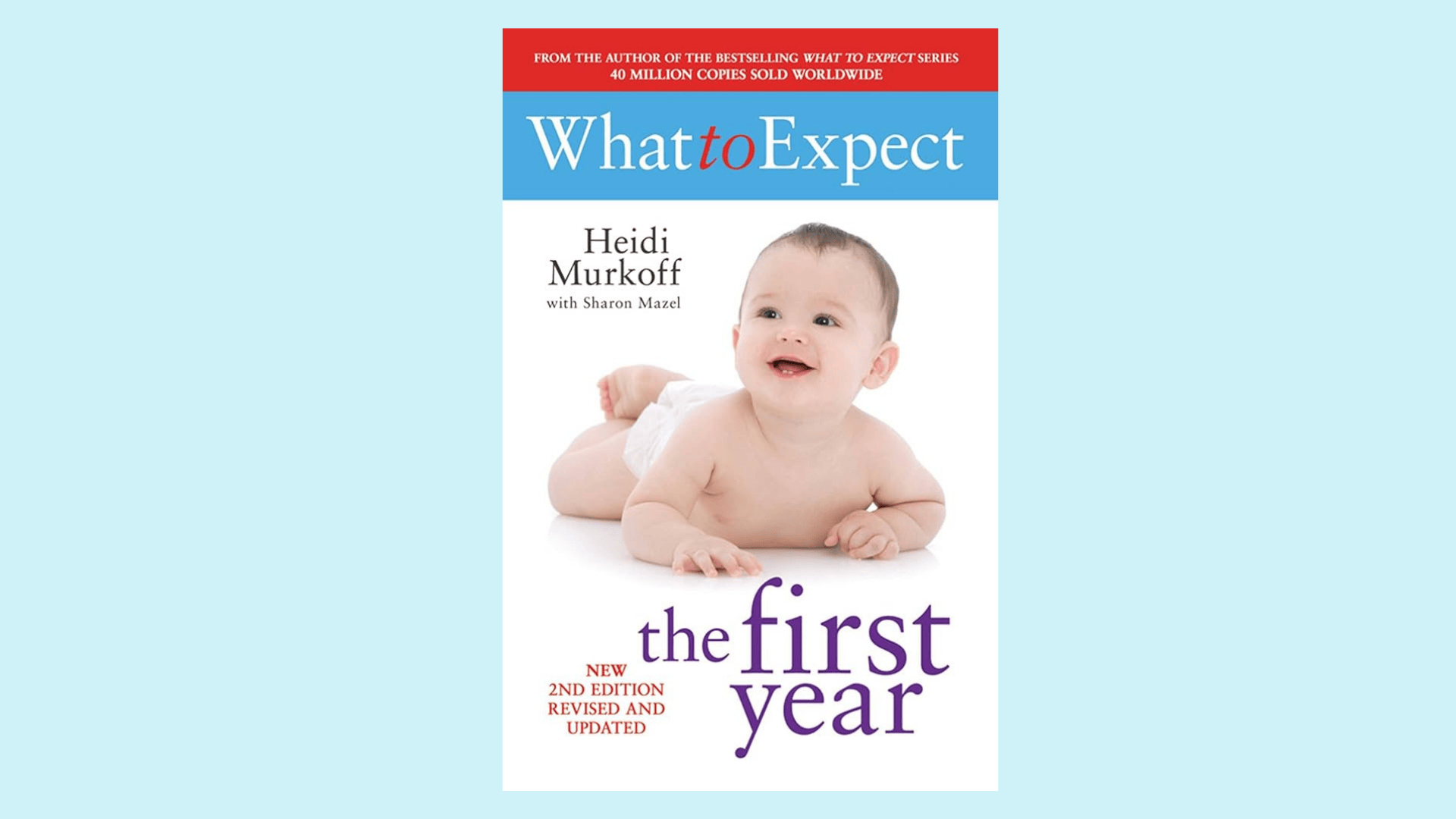
Heidi Murkoff’s What to Expect the First Year is a trusted guide for new parents navigating baby’s first 12 months. It covers feeding, sleep, development, and common concerns in a clear, reassuring way.
The book helps parents feel prepared and confident as they manage each stage of growth.
7. The Happiest Baby on the Block
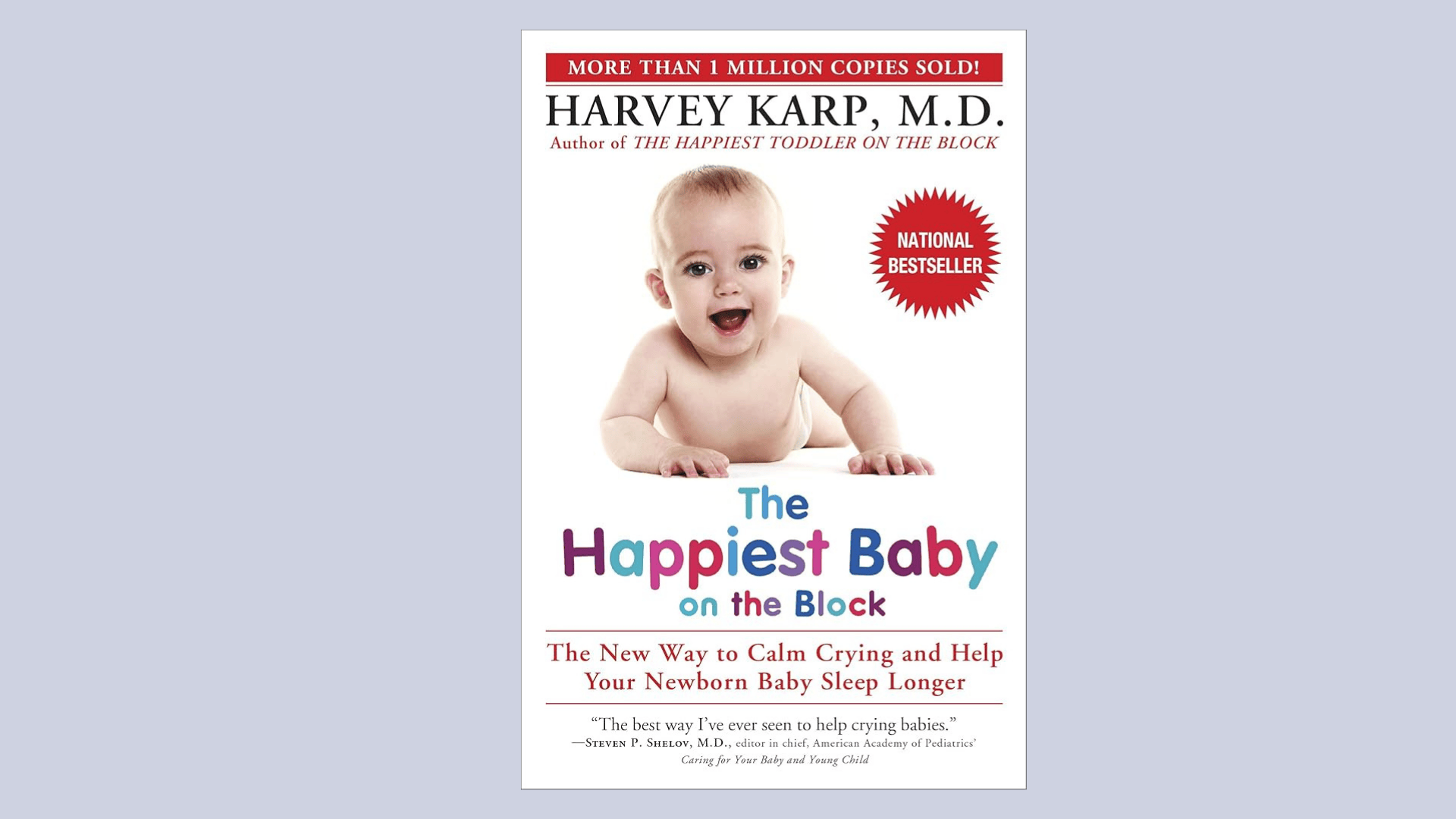
In The Happiest Baby on the Block, Harvey Karp shares his well-known “5 S” method to calm fussy newborns.
The book explains practical soothing techniques like swaddling, shushing, and swinging. Parents find it useful for reducing crying, improving sleep, and creating a calmer start to family life.
Parenting Books for Toddlers & Preschoolers
The toddler and preschool years are full of growth, curiosity, and challenges. These books give you tools to manage big emotions, set gentle limits, and encourage independence while keeping a strong connection with your child.
8. No-Drama Discipline
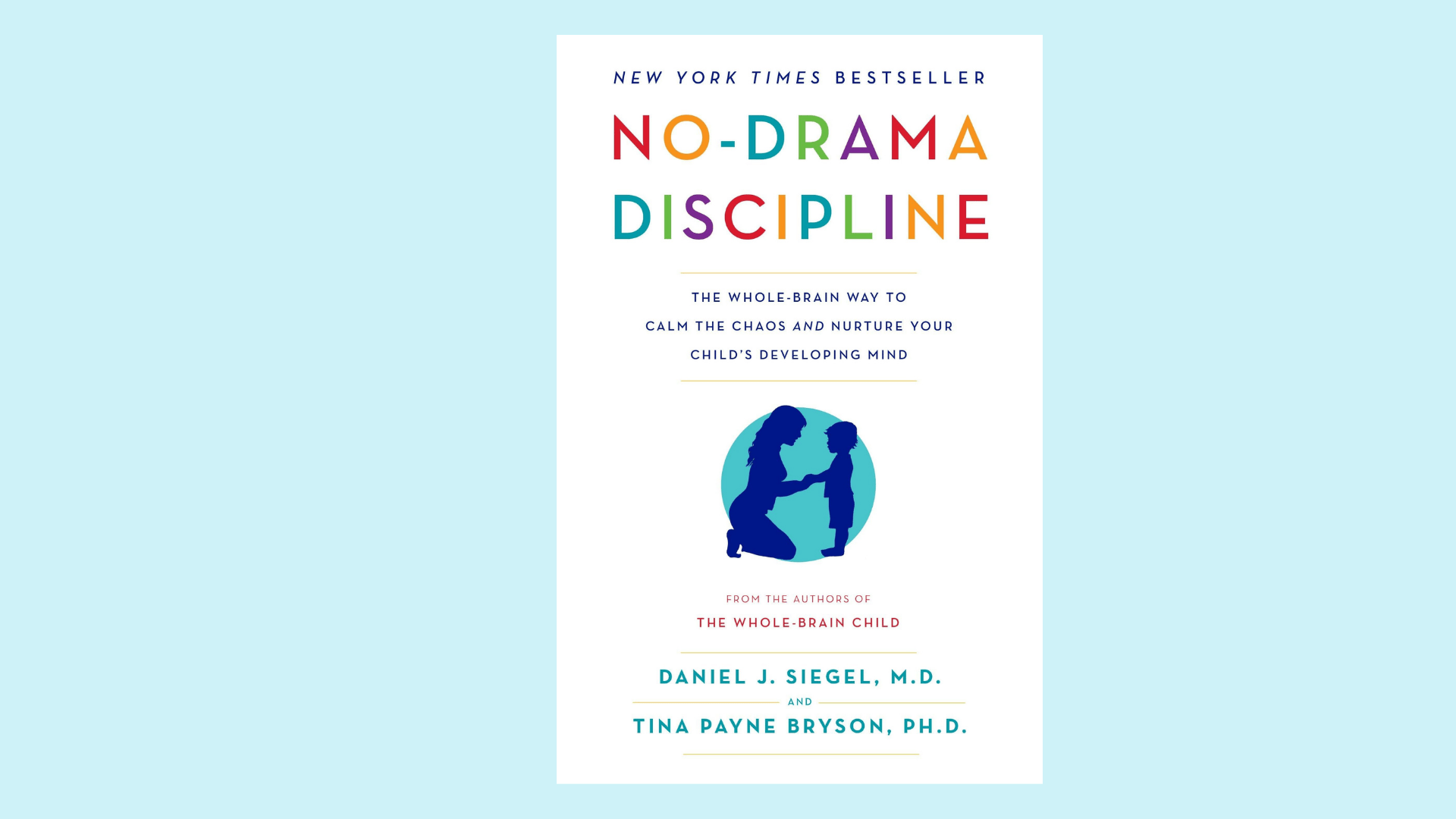
Daniel J. Siegel and Tina Payne Bryson’s No-Drama Discipline teaches parents how to guide behavior without yelling or punishment.
It explains the science of a child’s brain and offers calm strategies for handling misbehavior. The book helps parents turn discipline moments into chances for connection and learning.
9. Peaceful Parent, Happy Kids
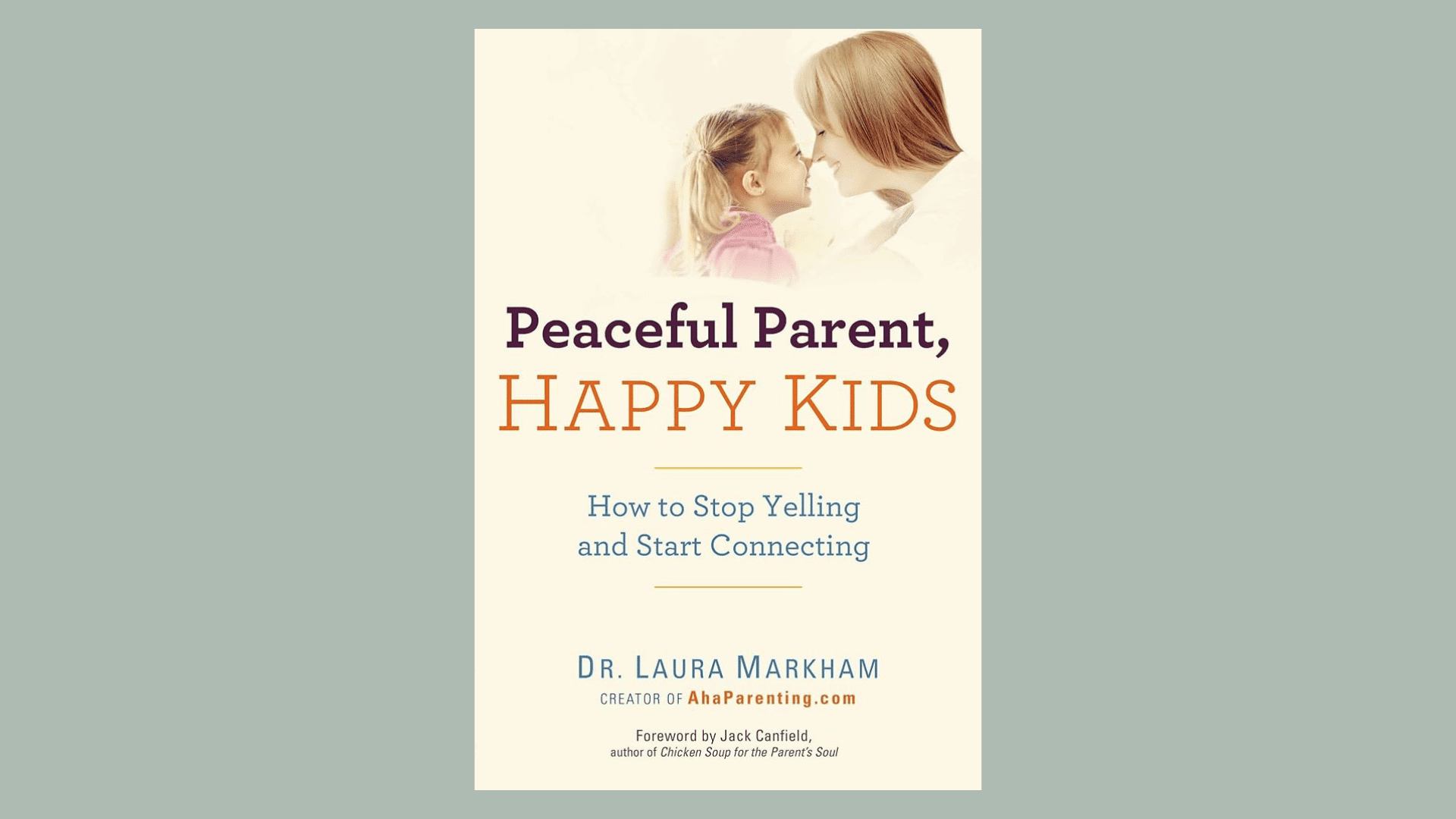
In Peaceful Parent, Happy Kids, Laura Markham focuses on building a loving relationship that makes discipline easier.
The book provides tools for staying calm, managing your own triggers, and helping kids regulate emotions. Parents learn how empathy and connection can reduce conflict and build long-term cooperation.
Parenting Books for School-Age Kids
As children enter school, parents face new challenges around learning, independence, and social life. These books focus on helping kids grow with balance, confidence, and resilience during these important years.
10. The Self-Driven Child
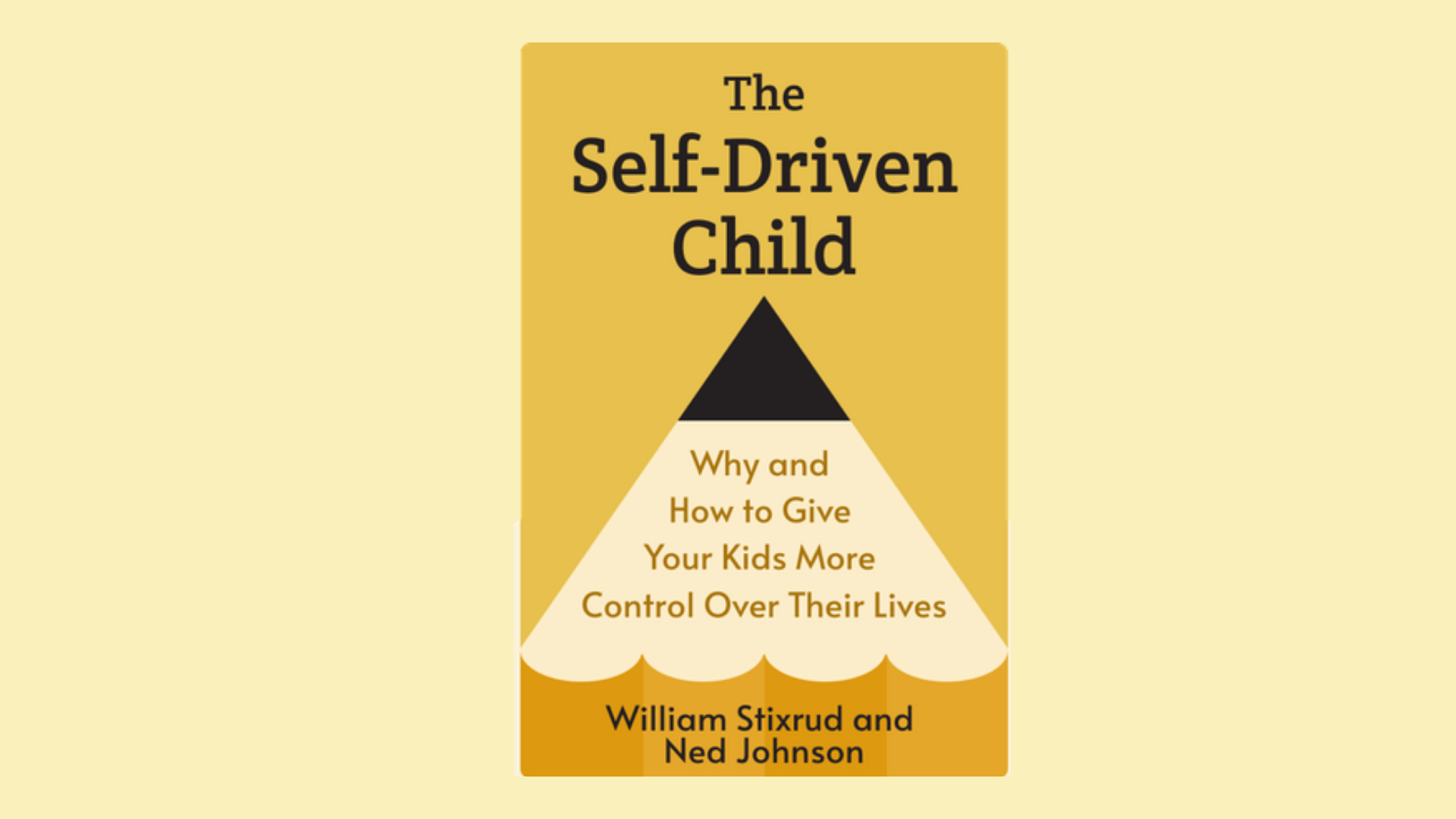
William Stixrud and Ned Johnson’s The Self-Driven Child explains why giving kids more control supports motivation and success. It offers science-backed strategies for fostering independence, reducing stress, and encouraging problem-solving.
Parents learn how to guide without overmanaging, helping children develop confidence and decision-making skills that last a lifetime.
11. Simplicity Parenting
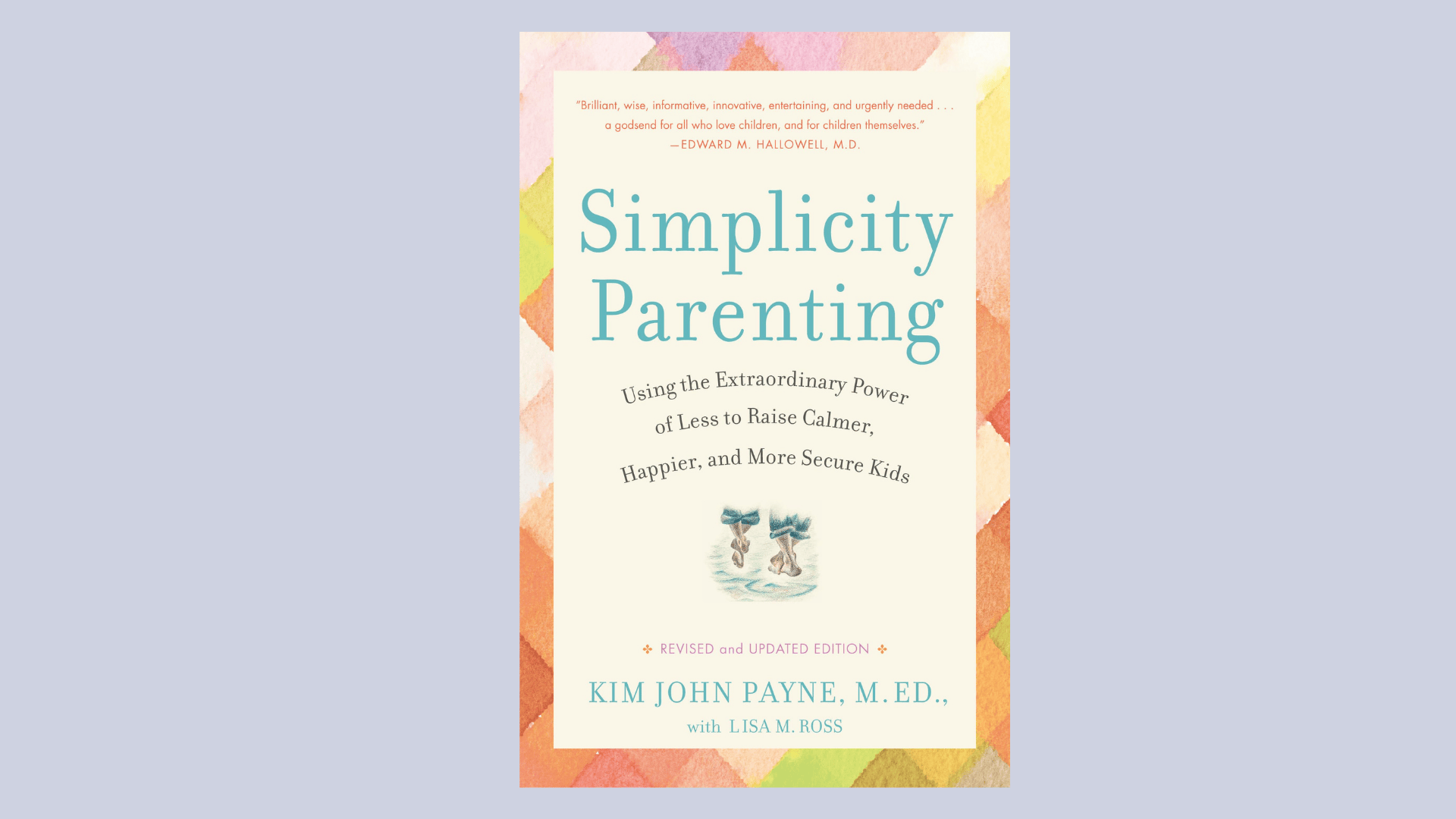
In Simplicity Parenting, Kim John Payne shows how less really is more when raising kids. The book encourages parents to reduce clutter, cut back on activities, and create calm routines.
By simplifying life, children can focus better, feel less stressed, and thrive emotionally and socially at home and school.
Parenting Books for Parenting Teens
The teenage years bring big changes for both parents and kids. These books help families navigate emotional shifts, independence, and brain development while maintaining strong and supportive relationships.
12. Untangled: Guiding Teenage Girls Through the Seven Transitions into Adulthood
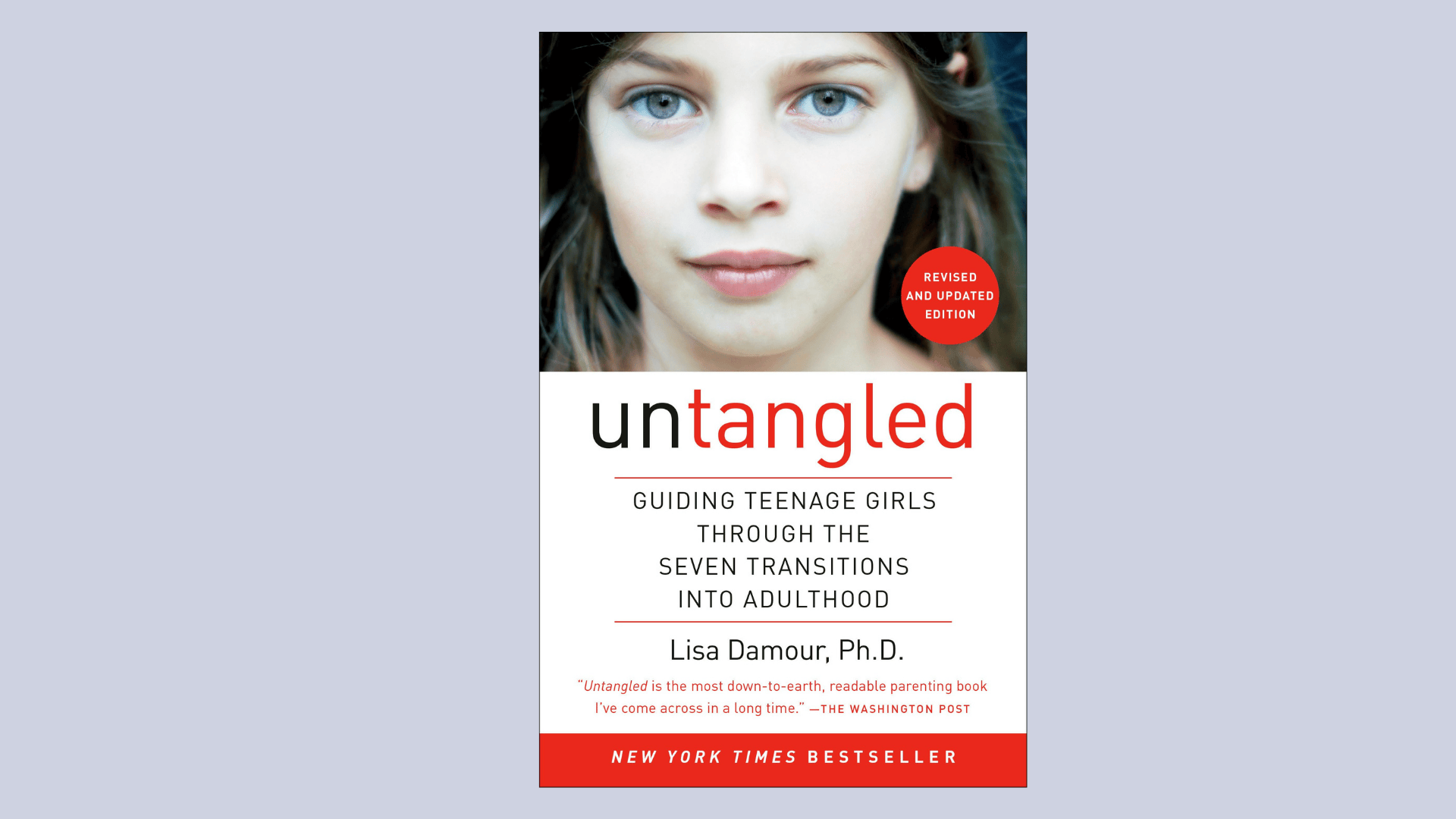
Lisa Damour’s Untangled learns seven developmental stages that teenage girls experience on their way to adulthood. It gives parents clear explanations and practical advice for each stage, from friendships to responsibility.
The book helps parents support their daughters while respecting their need for independence and personal growth.
13. The Teenage Brain
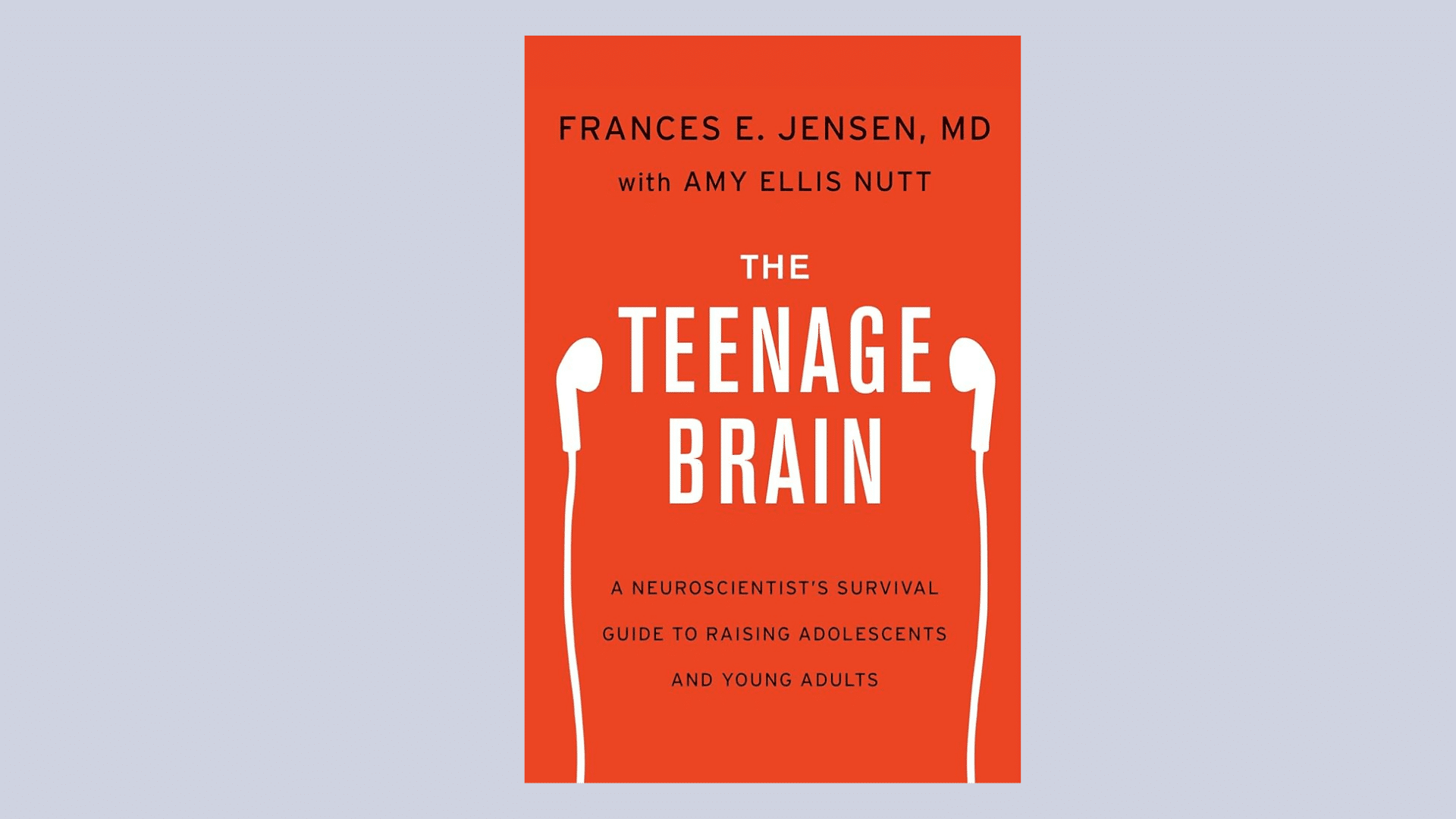
In The Teenage Brain, Frances E. Jensen explains the science behind adolescent development. The book covers decision-making, risk-taking, and emotional regulation, making complex research easy to understand.
Parents learn why teens act the way they do and how to guide them with patience, empathy, and realistic expectations.
Parenting Books by Style & Philosophy
Every family has its own values and approach to raising children. These books have different parenting styles and philosophies, giving you options to find what best fits your household.
14. Positive Discipline
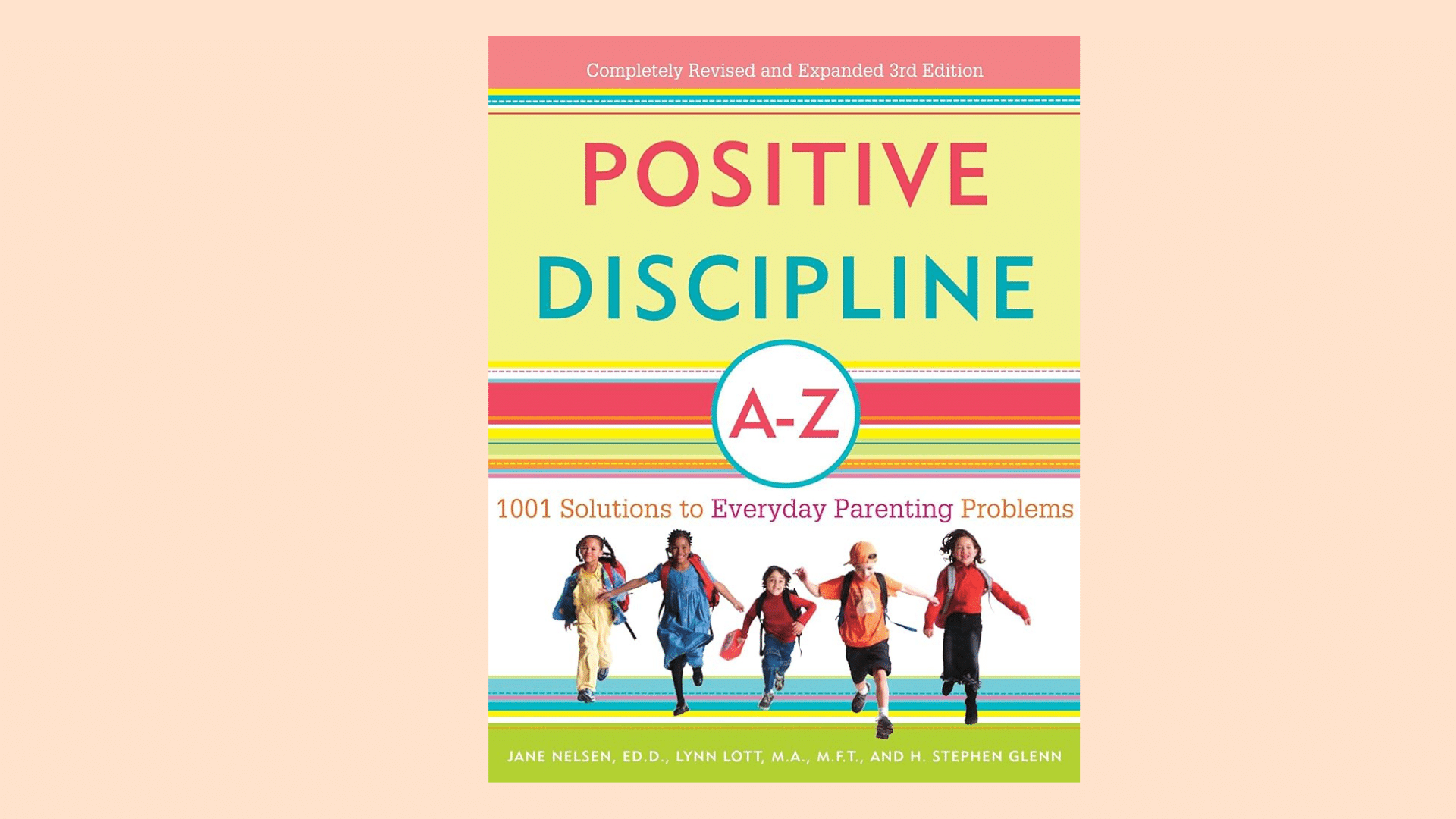
Jane Nelsen’s Positive Discipline shows how parents can set firm limits with kindness. It focuses on teaching responsibility and problem-solving instead of punishment.
With practical examples, the book explains how encouragement and mutual respect create a cooperative family environment where kids feel valued and learn from their mistakes.
15. Mindful Parenting
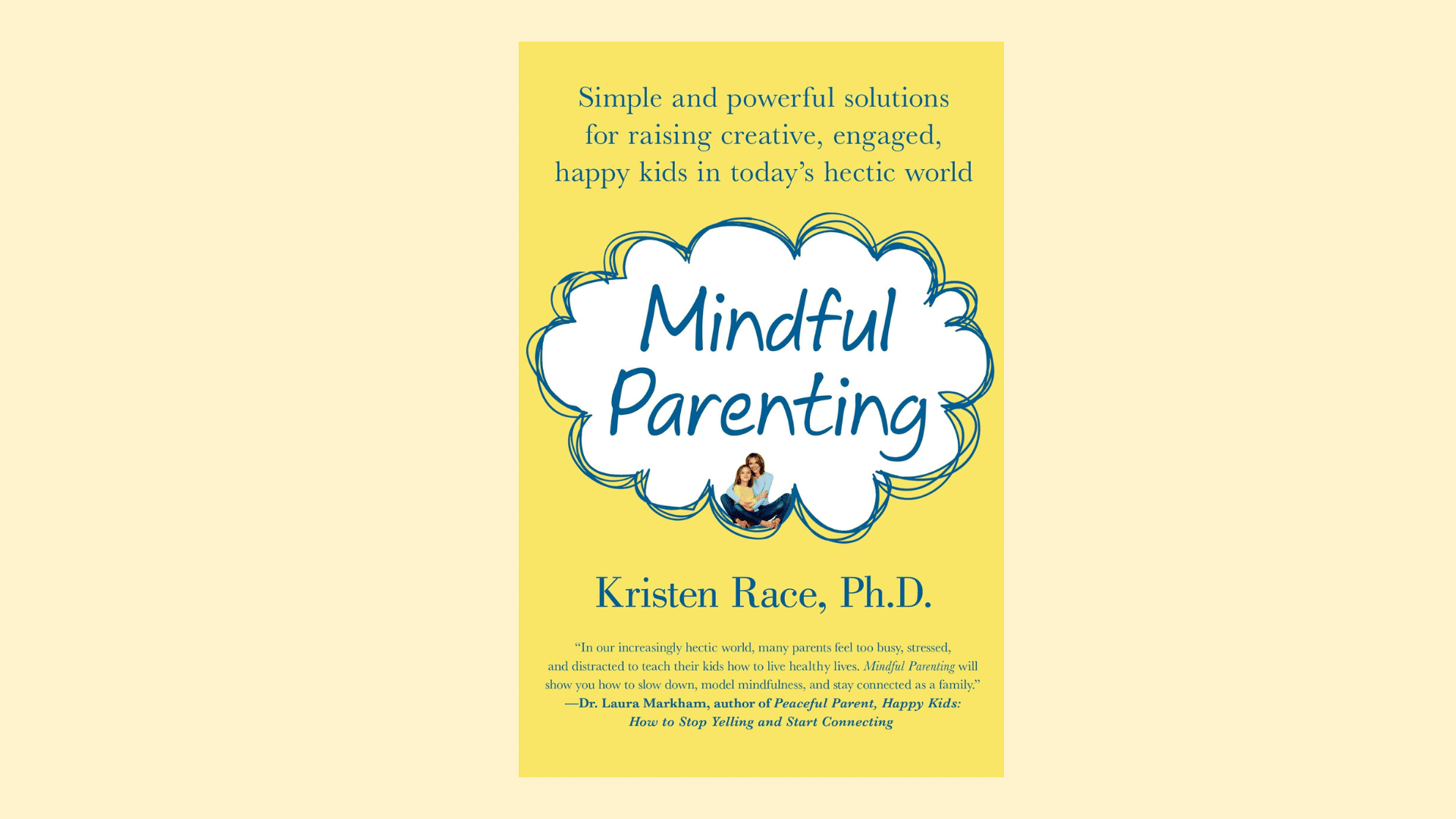
In Mindful Parenting, Kristen Race highlights the role of mindfulness in family life. She explains how stress affects both parents and kids and offers tools to bring more calm into daily routines.
Through meditation, awareness, and small shifts, families can reduce tension and build stronger, more peaceful connections.
16. Hold On to Your Kids
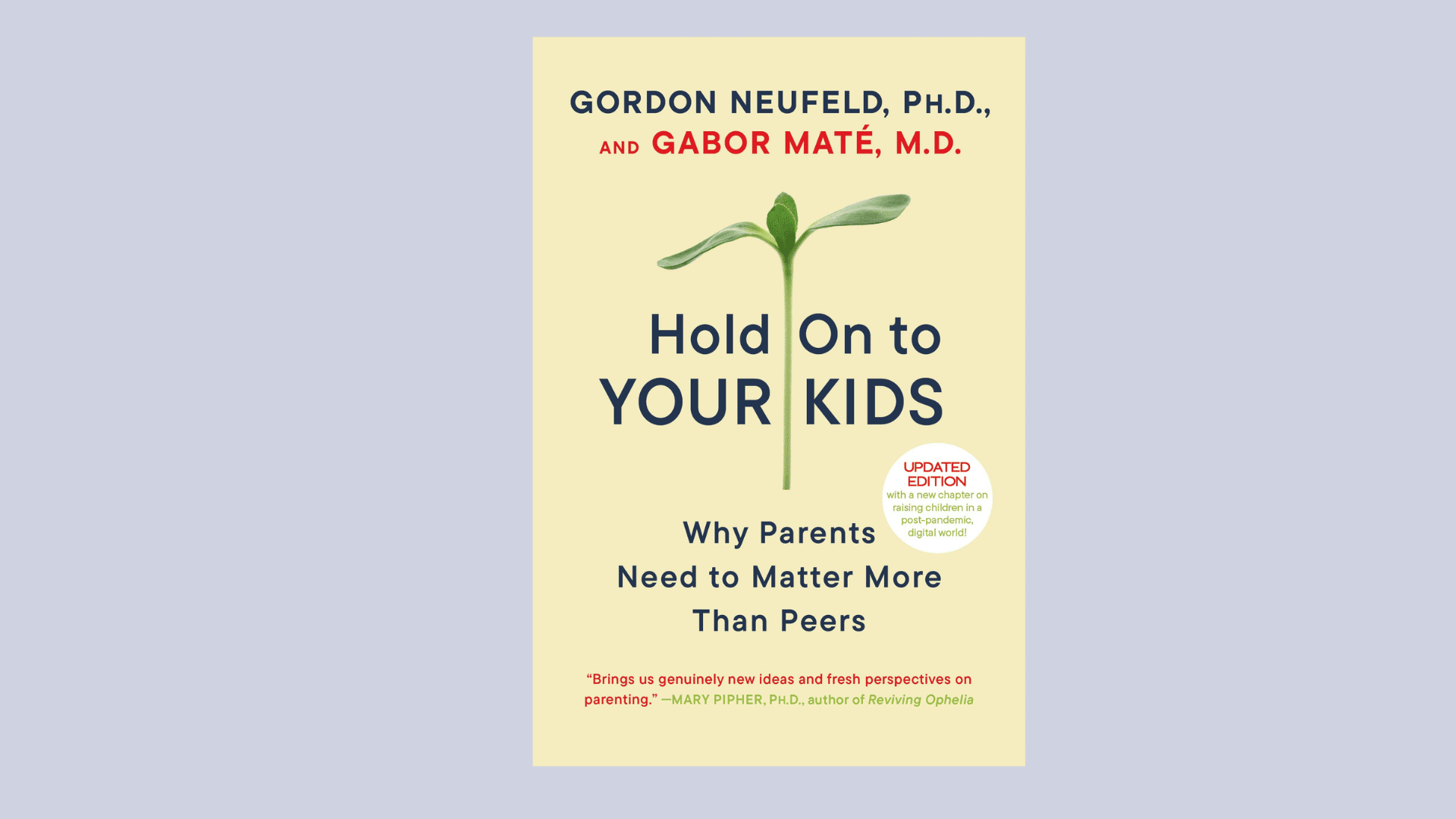
Gordon Neufeld and Gabor Maté’s Hold On to Your Kids argues that parents must matter more than peers in a child’s life.
The book explains the importance of strong parent-child bonds in building resilience, guiding behavior, and shaping values. It offers strategies to strengthen connections in modern families.
17. The Gentle Parenting Book
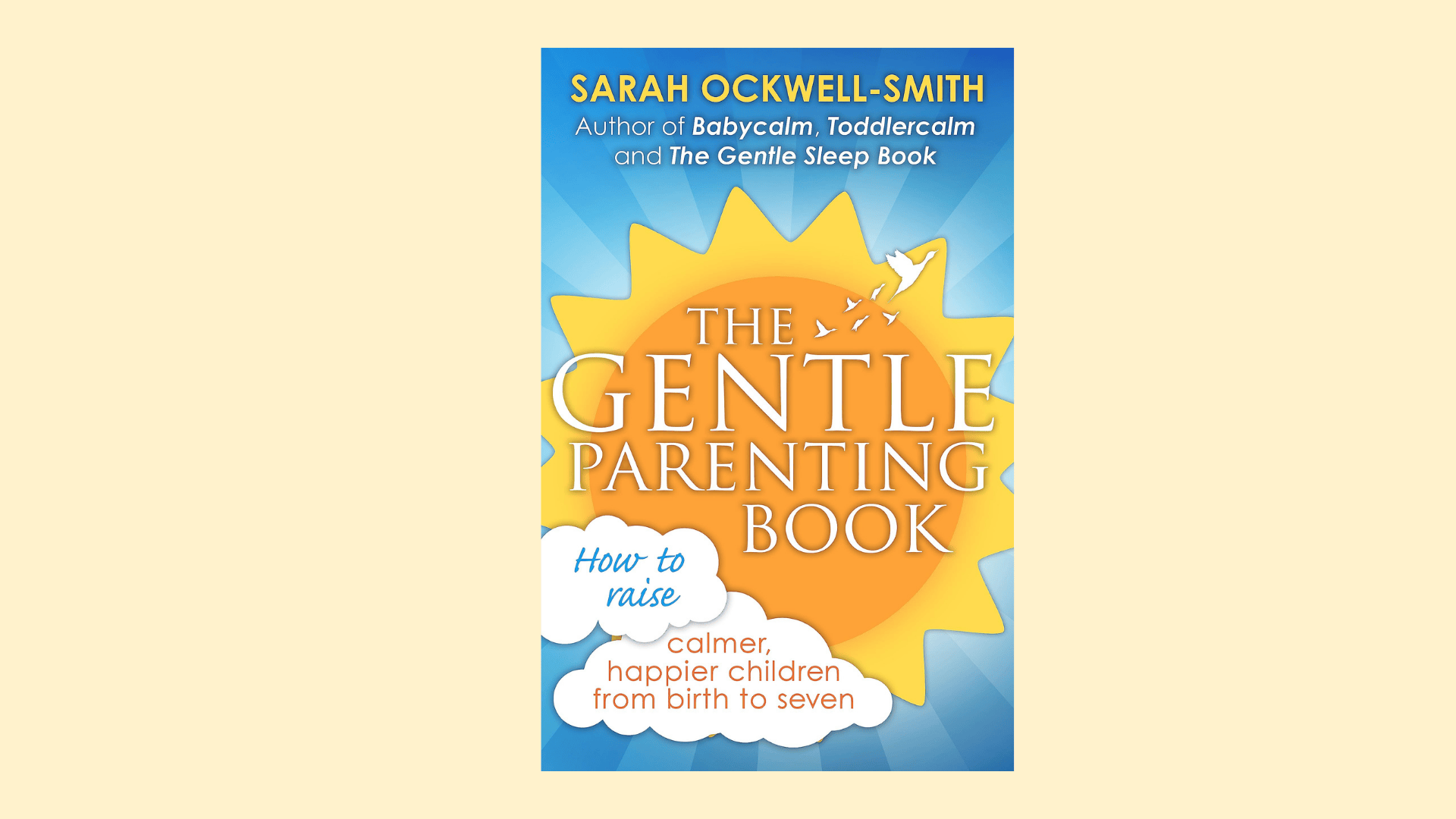
Sarah Ockwell-Smith’s The Gentle Parenting Book lays out a compassionate approach that mixes boundaries with empathy. It encourages parents to understand the needs behind behavior and respond calmly instead of reacting harshly.
This philosophy aims to raise confident, emotionally secure children while preserving respect and trust in the relationship.
Parenting Books for Challenges
Parenting often brings unique struggles, from discipline to sleep to co-parenting. These books offer focused solutions to common challenges and provide step-by-step advice you can use right away.
18. 1-2-3 Magic
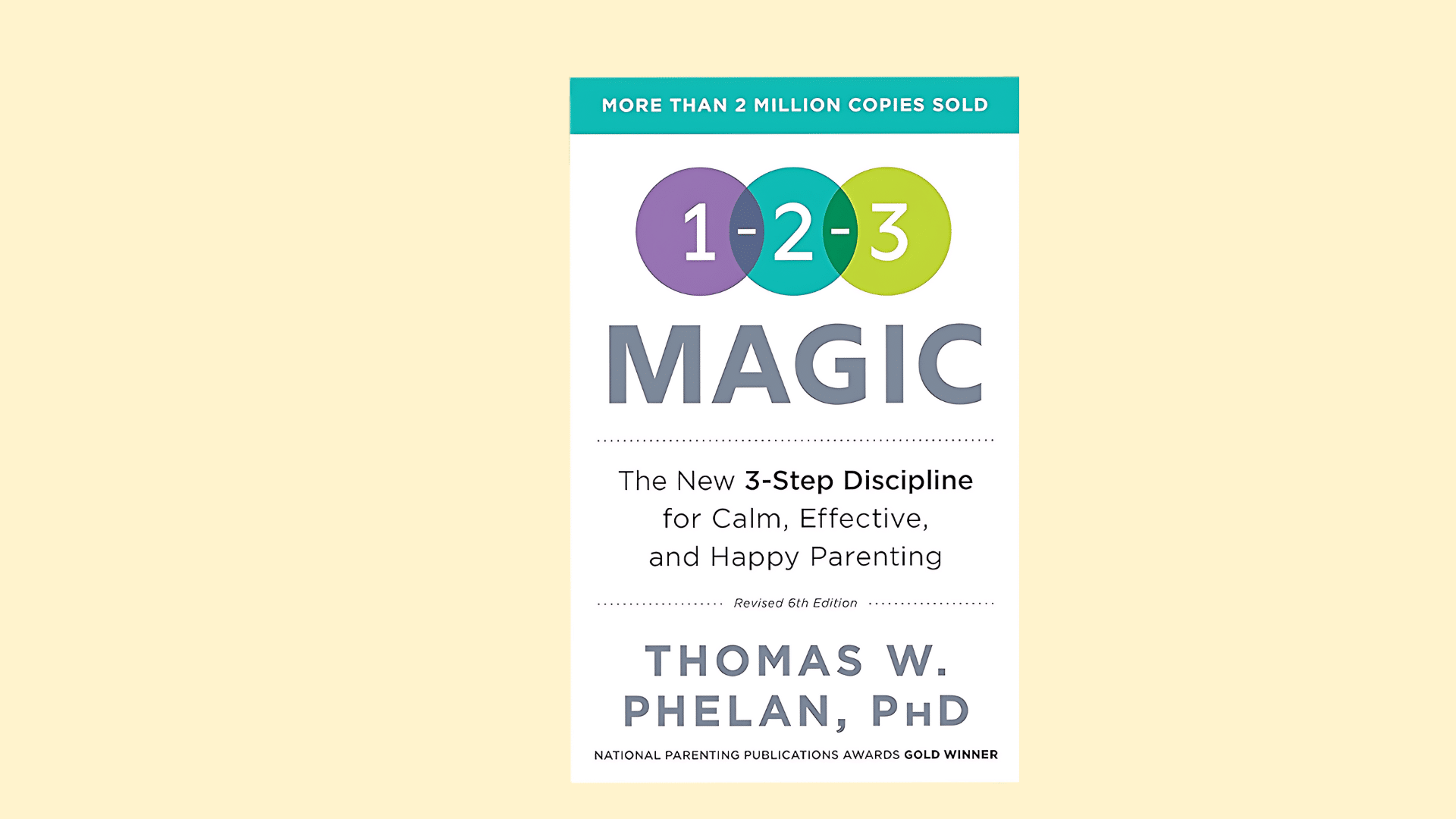
Thomas W. Phelan’s 1-2-3 Magic is a clear system for managing discipline without yelling or arguing. The book uses a simple counting method to stop misbehavior, while also teaching kids responsibility and respect.
Parents appreciate its easy steps for handling tough moments and keeping family life calm and consistent.
19. The Explosive Child
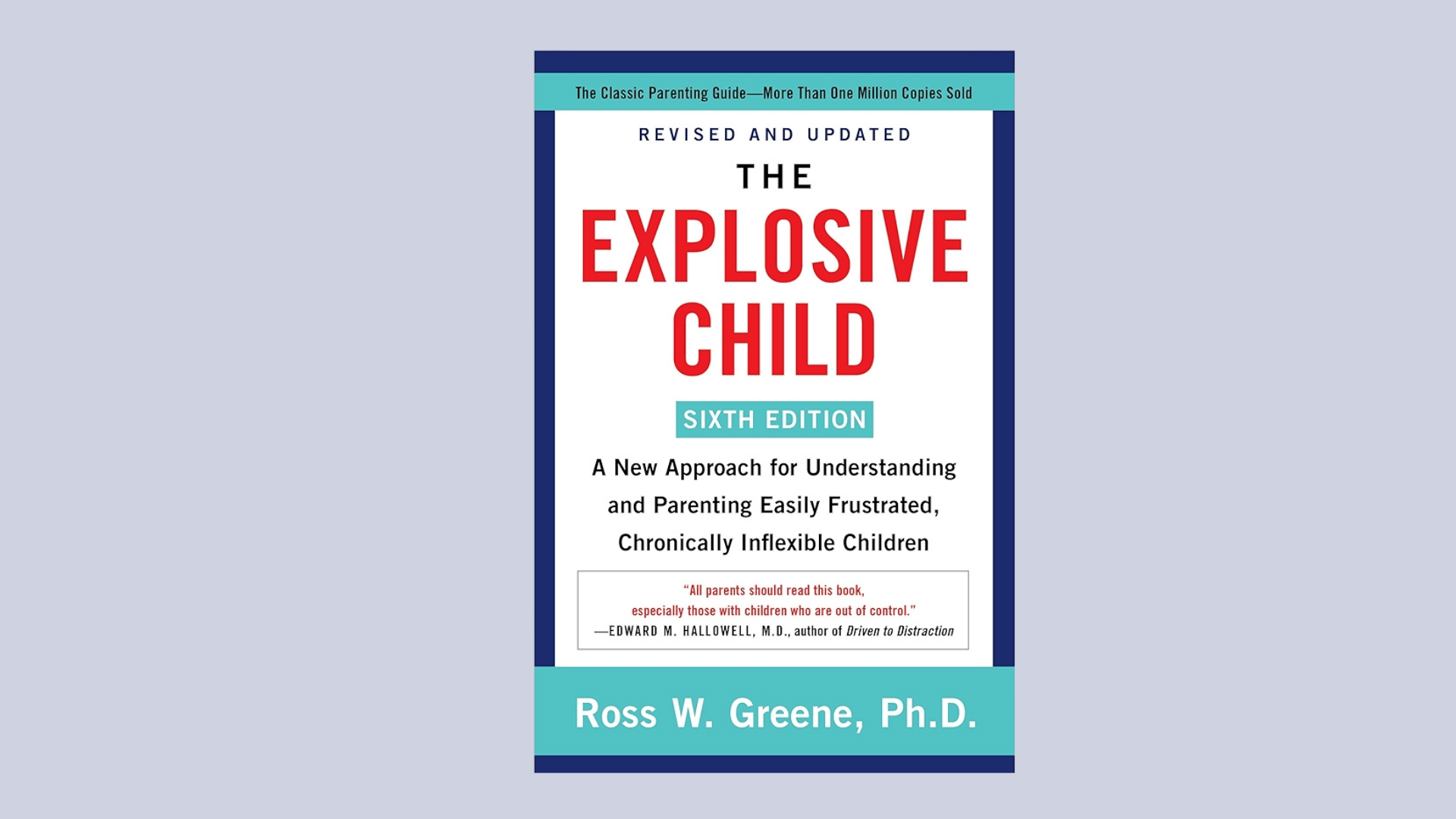
In The Explosive Child, Ross W. Greene explains how to handle kids with intense emotions and frequent outbursts. The book introduces Collaborative & Proactive Solutions, a method that encourages problem-solving instead of punishment.
Parents learn to reduce power struggles, build empathy, and support children who struggle with flexibility and frustration.
20. Healthy Sleep Habits, Happy Child
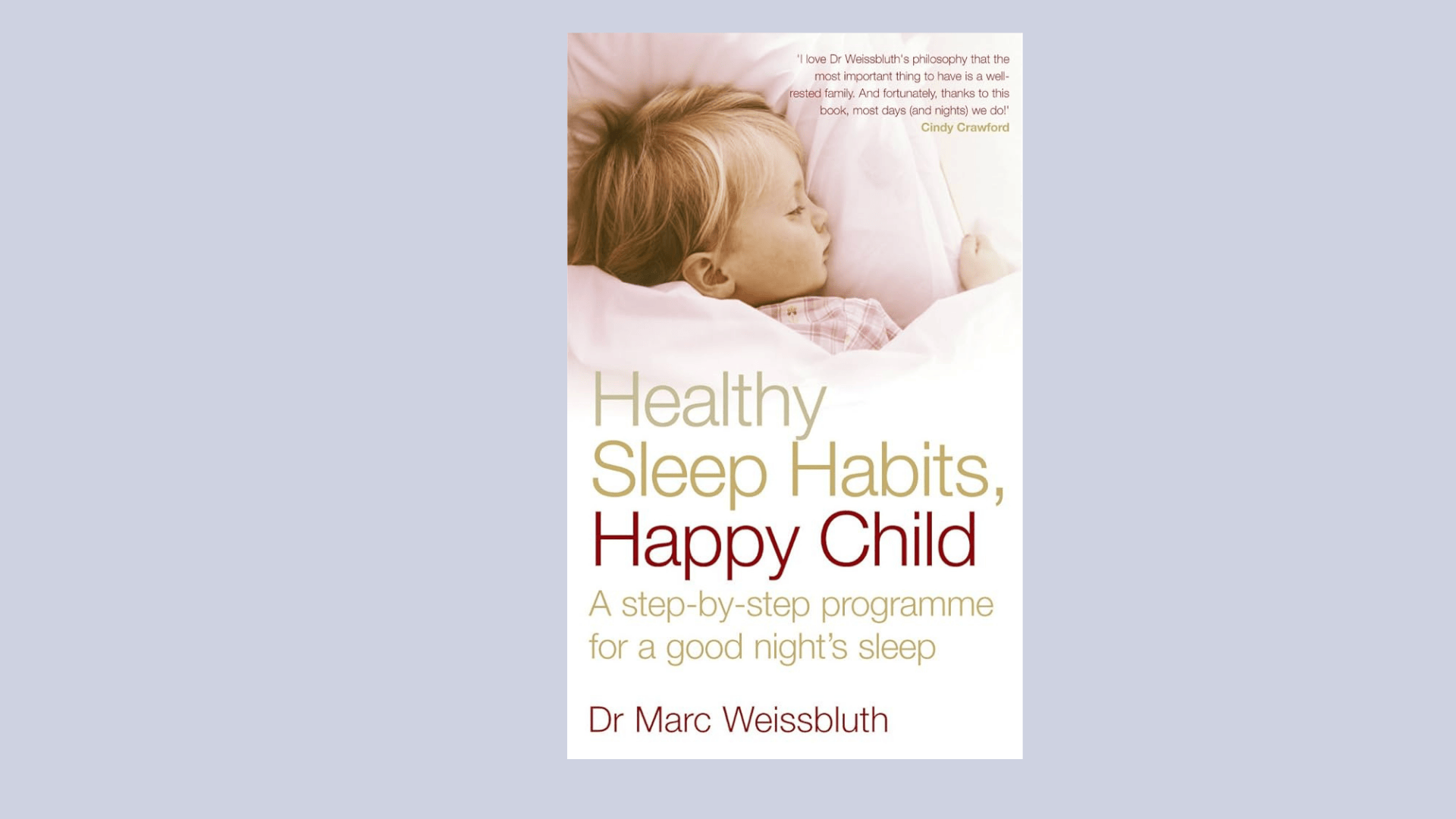
Marc Weissbluth’s Healthy Sleep Habits, Happy Child focuses on the importance of sleep for a child’s growth and behavior. The book provides schedules, routines, and troubleshooting tips for different ages.
Parents gain tools to create healthy sleep patterns that reduce stress, improve mood, and support long-term development.
21. Anxious Kids, Anxious Parents
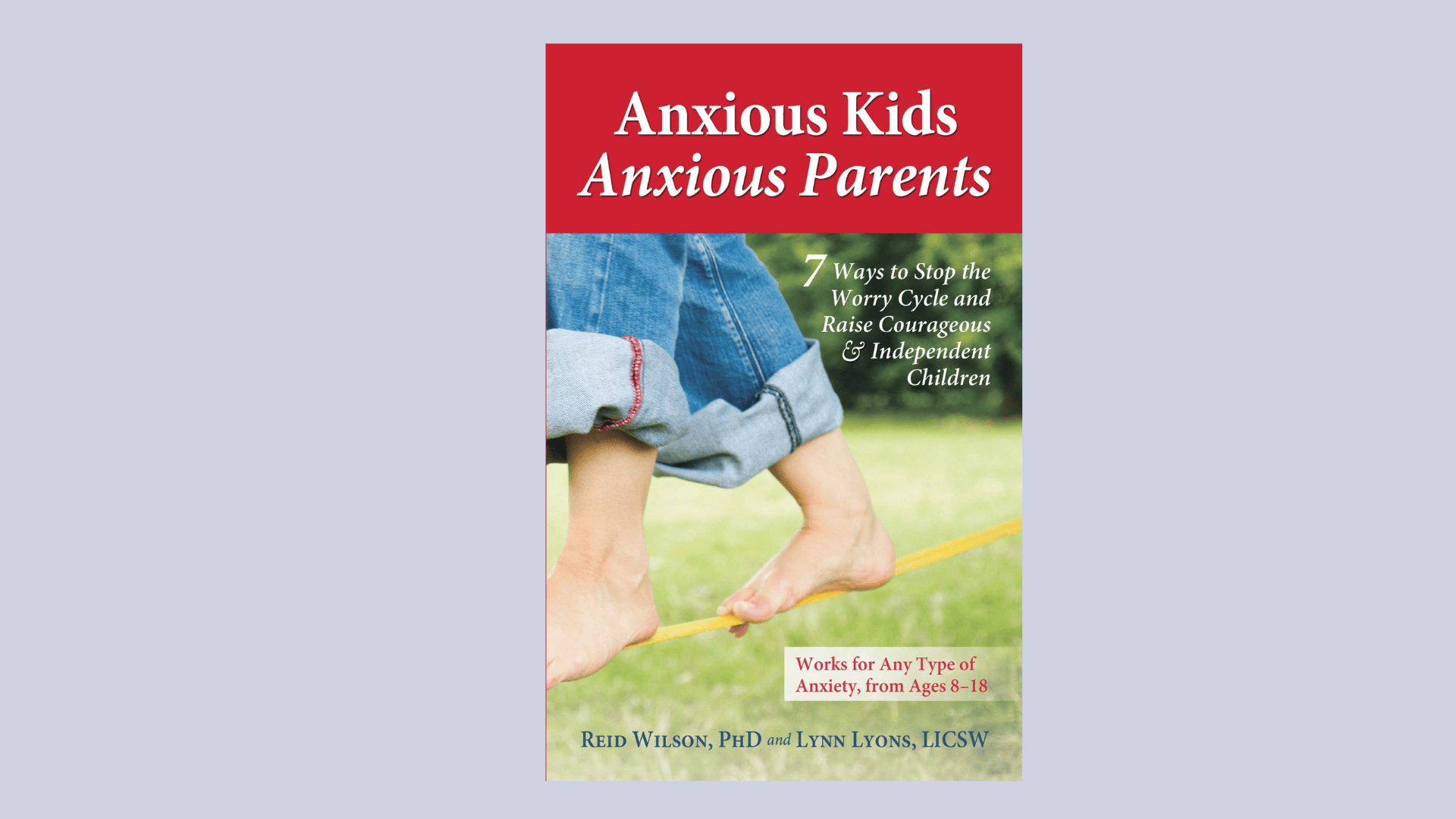
Reid Wilson and Lynn Lyons’ Anxious Kids, Anxious Parents shows how parental anxiety can affect children. It offers strategies for breaking anxiety cycles and building coping skills together.
The book gives clear steps to encourage resilience, reduce avoidance, and help families face worries with confidence and practical solutions.
22. Co-Parenting Works!
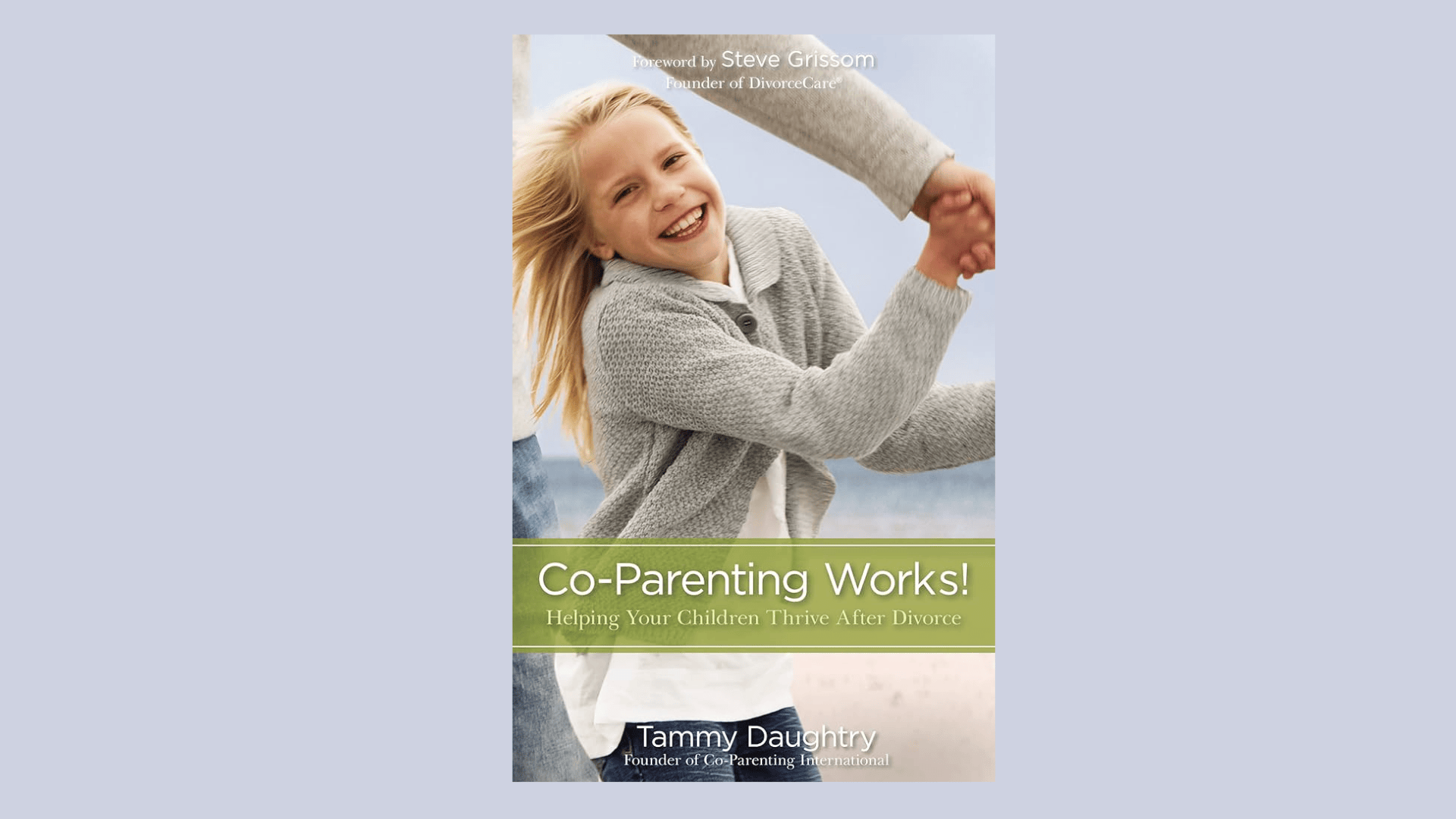
In Co-Parenting Works!, Tammy G. Daughtry provides advice for raising children after separation or divorce.
The book focuses on reducing conflict, improving communication, and keeping kids at the center of decisions. Parents find practical strategies to create stability and teamwork while building a healthier environment for their children.
23. Helping Your Child Succeed in School
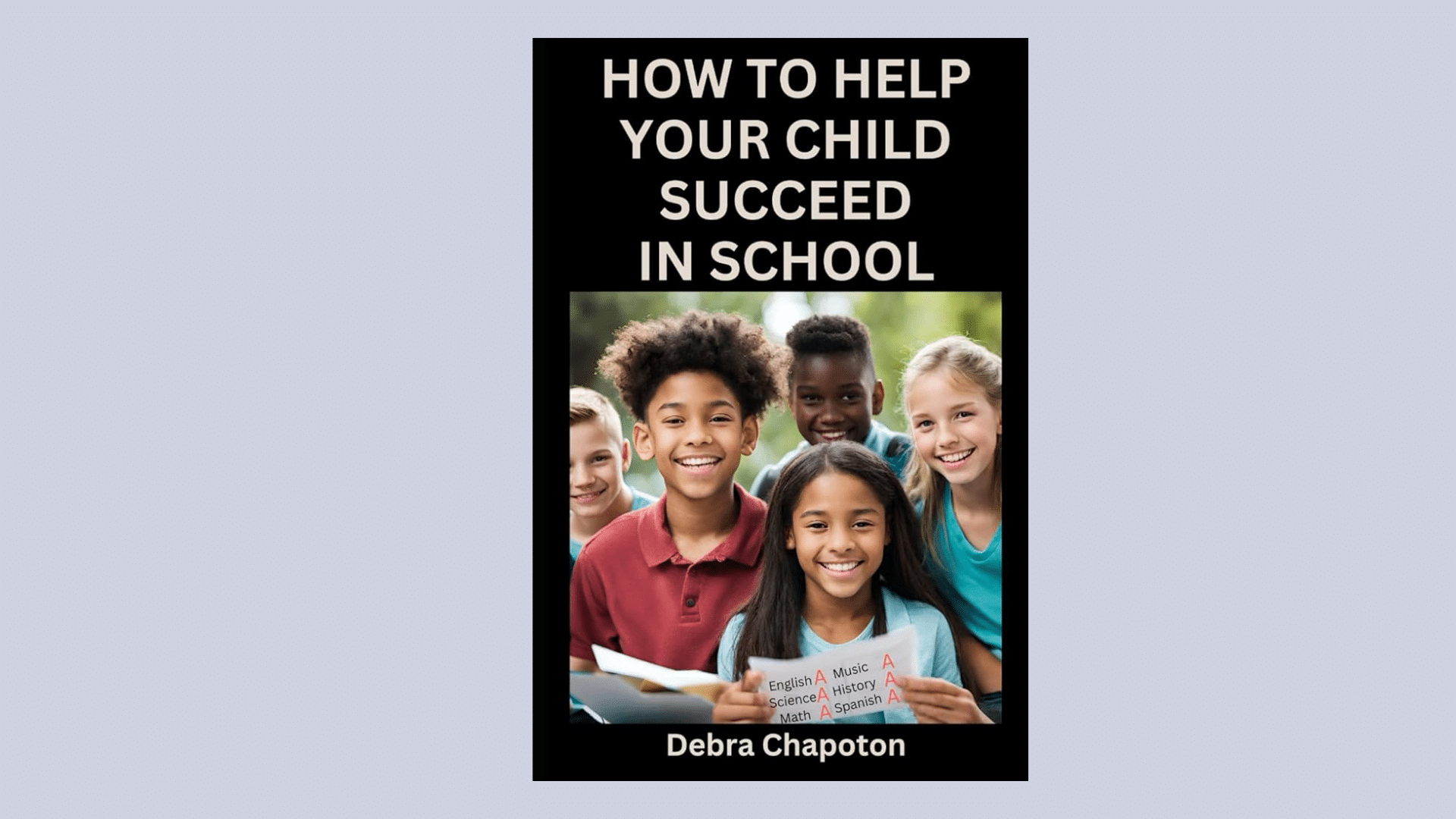
Debra Chapoton’s Helping Your Child Succeed in School gives parents tools to support learning at home. The book highlights everyday habits that build curiosity, confidence, and motivation.
With simple activities and guidance, it helps families strengthen education outside the classroom while keeping children engaged and excited about learning.
Expert & Community Favorites
Sometimes the best parenting advice comes from trusted professionals or other parents who have tested the books themselves. Here are expert-endorsed picks and community favorites that parents often turn to:
| Source | Recommended Books | Why Parents Love Them |
|---|---|---|
| Pediatricians & Therapists | The Whole-Brain Child (Daniel J. Siegel & Tina Payne Bryson), Good Inside (Becky Kennedy) | These titles combine neuroscience and psychology with practical steps, making them both credible and easy to use in everyday parenting. |
| Parent Communities (Reddit, Forums) | Hunt, Gather, Parent (Michaeleen Doucleff), How to Talk So Kids Will Listen & Listen So Kids Will Talk (Adele Faber & Elaine Mazlish) | Parents praise them for being relatable, simple to apply, and effective at improving communication and cooperation at home. |
These expert and parent-tested recommendations offer both credibility and real-world proof, giving you a balanced list of books that work in practice as well as theory.
How to Choose the Right Parenting Book for You
With so many options, the best parenting book depends on your family’s needs. Use these simple steps to narrow your choices:
- Your child’s age: Newborn, toddler, school-age, or teen.
- Parenting philosophy: Gentle, Montessori, faith-based, or practical science.
- Current challenge: Discipline, sleep, anxiety, or independence.
- Preferred format: Print, audiobook, or quick-reference guide.
Mini Flowchart to Guide
Once you know what matters most, this quick flowchart makes it easy to narrow down your choices and find the book that fits your needs:
- Start with the child’s age: newborn, toddler, school-age, or teen.
- Then ask: Do you want a specific philosophy (e.g., Montessori, gentle parenting) or a general guide?
- Identify your top challenge (discipline, sleep, anxiety, learning).
- Choose 1–2 books that match both your child’s stage and your challenge.
Tip: Don’t try to read too many at once. Pick one book that speaks to your current situation and start applying its strategies.
By focusing on age, style, and challenges, you’ll find a book that feels practical and helpful instead of overwhelming.
Conclusion
Parenting will always come with questions, but the right book can give you the guidance and confidence to handle each stage with more clarity.
These recommendations highlight expert picks, community favorites, and focused titles for different needs, from newborn care to guiding teenagers.
I believe that having one or two trusted books at hand can make daily challenges feel less stressful and more manageable.
By choosing based on age, philosophy, or specific concerns, you’ll save time and find advice that truly fits your family.
Remember, you don’t need every book; just the right one is enough. Start with a title that speaks to your current stage and read one today!



